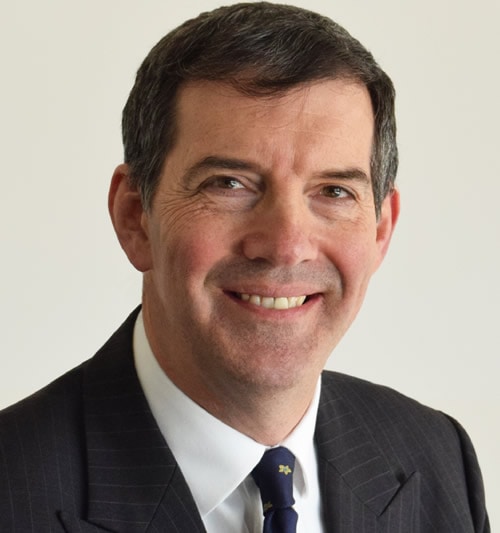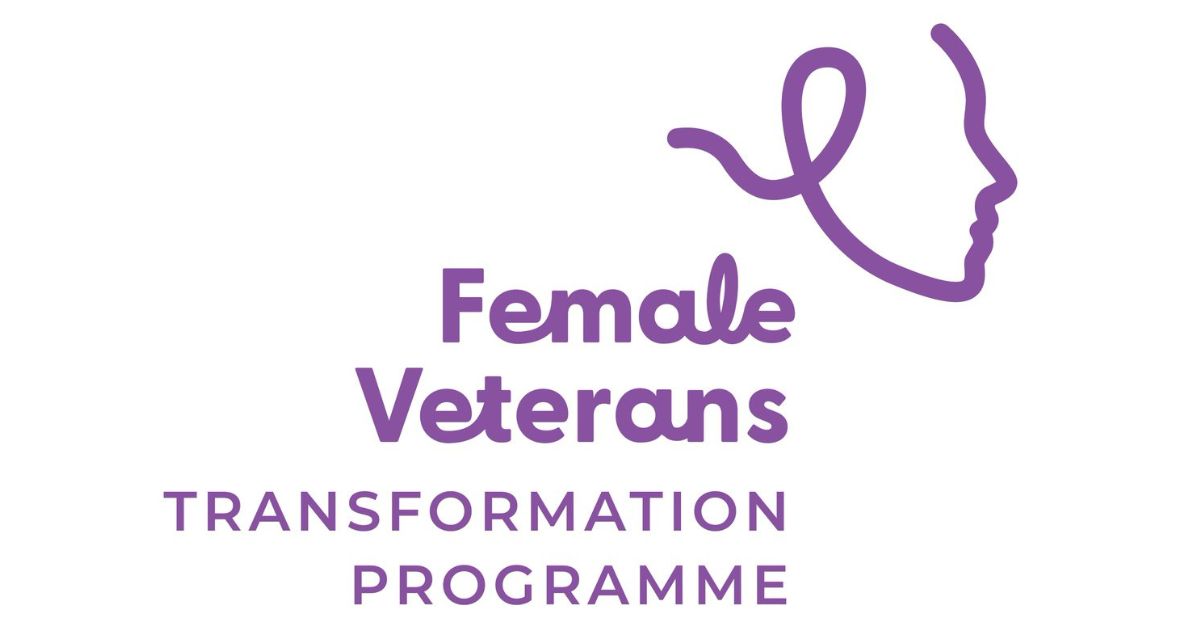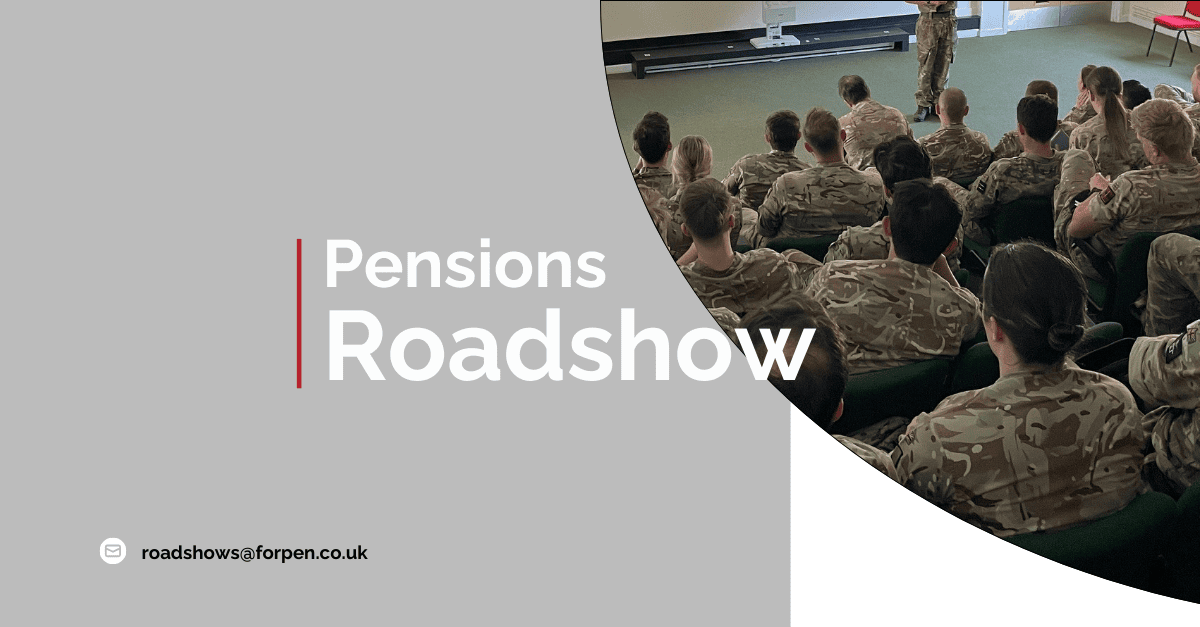
Members occasionally ask us to campaign for things. In modern times, campaigning has come to imply overt activity designed to raise awareness and interest about an issue, often through the television, radio, social media and the courts.
Our Chief Operating Officer Matthew Lowe explains how we campaign in the 21st century.
Like successful military campaigns, there has to be an achievable end state. Pension schemes are matters of law, so to be achievable, any end state must be legally viable.
UK government policy avoids retrospective provision or legislation in order to control historic costs, so proposals to change previous schemes are unlikely to succeed. And getting to an end state must be affordable – the Society doesn’t retain large financial reserves and strives to keep members’ cost as low as possible.
So how do we campaign or, put another way, how do we orchestrate our actions to get the best results for our members?
Parliamentary influence
We have Vice Presidents in the House of Lords, and there are a number of ex-military Members of Parliament in the House of Commons and serving as Ministers.
We work with them to ensure that legislation is informed and that specific issues are raised when we feel there has been an injustice.
We also place articles in Parliament’s The House magazine, as we did during the McCloud debate and the Justice for Widows Campaign, to inform members without military connections.
Our Chief Executive maintains a relationship with the Chief of Defence People to ensure he (CDP) is appraised of the impact of proposed legislation and policy. Our Chief Executive is also an external member of the MOD Pension Board, whose purpose is to help the scheme manager comply with scheme regulations and other legislation relating to governance and administration, as well as any requirements imposed by the pension regulator.

We are members of the MOD’s Armed Forces Remuneration Communications Working Group and maintain close working links with the scheme administrator, Veterans UK, which operates the Armed Forces Pension Schemes. For good measure, we also have access to both pay review bodies, so they know how the Armed Forces Pension Schemes operate in practice.
We are also members of a significant collaborative group, the Public Service Pensioners’ Council, which represents the interests of retired public servants. This gives us situational awareness of the thinking and actions of other representative organisations in the public sector – the Civil Service Pensioners’ Alliance and the National Association of Retired Police Officers, for example. And of course, we research professional pension literature to ensure we keep up to date with wider pension trends and legislation.
Pulling it all together
So how do we bring all this together to campaign? Well, we prefer to go quietly upstream wherever possible, shaping debates from positions of knowledge, and using our contacts and our leverage to achieve legitimate influence in our members’ interests.
Good examples include: our contributions to the McCloud remedy consultation, which resulted in the Deferred Choice Underpin; the consultation on technical adjustments to the cost control mechanism; and our ongoing involvement in the scrutiny of the prospective and retrospective regulations for the McCloud remedy implementation.
Where we can work in collaboration with or through other organisations, we do so, to be as cost-effective for our members as possible. We have previously campaigned overtly and taken legal action when appropriate and will do so again if it proves essential and there is a realistic prospect of success.
But in our experience, operating quietly in the background is the route most likely to achieve the best outcomes.

Matthew Lowe




